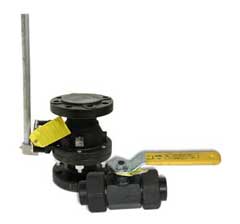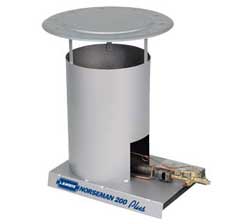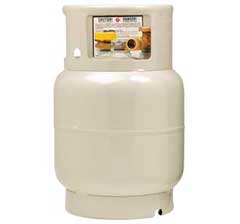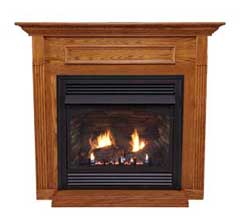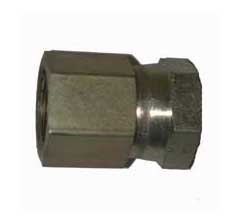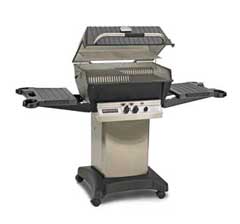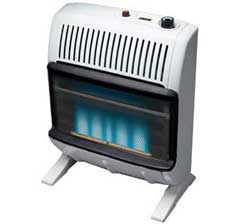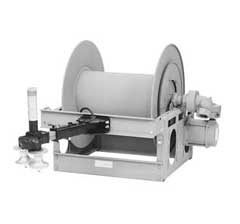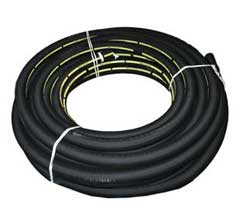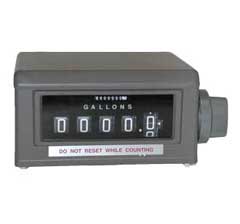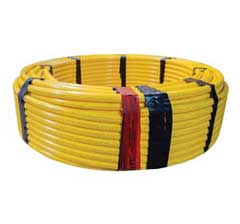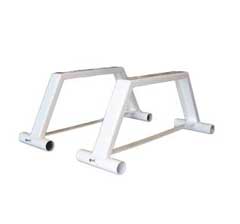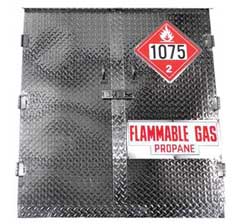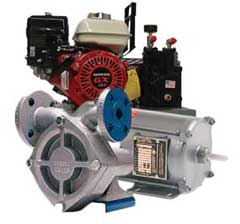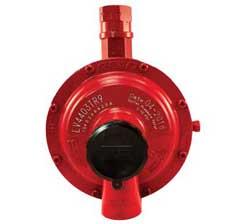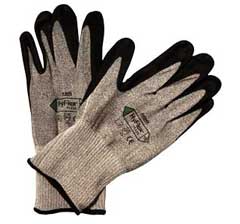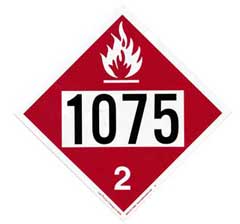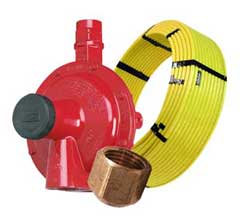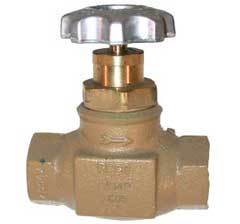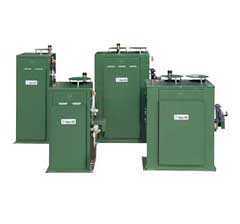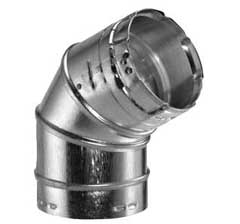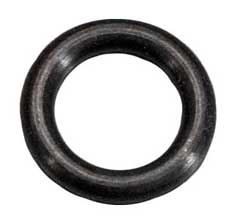- Ball Valves
- Clearance
- Construction Heater
- Cylinder and Tanks
- Fireplace and Hearth
- Fittings
- Grills and Outdoor Products
- Heaters
- Hose Reels
- Hoses and Fittings
- International Products
- Meters and Scales
- Pipes and Fittings
- Plant Equipment
- Pump Stations
- Pumps, Compressors, and Motors
- Regulators
- Service and Safety Equipment
- Signs, Decals, and Paints
- Tanks and Cylinders
- Top Sellers
- Valves
- Vaporizers
- Venting
- Washers and O-Rings
Blog Articles
Easily order new parts, easily locate our branches, and easily check your orders on the go. That’s the Tarantin App. Download it today.
Don’t have an online ordering account? CLICK HERE to sign up today.



